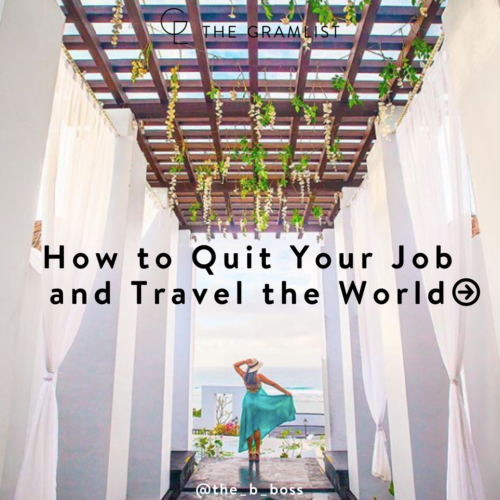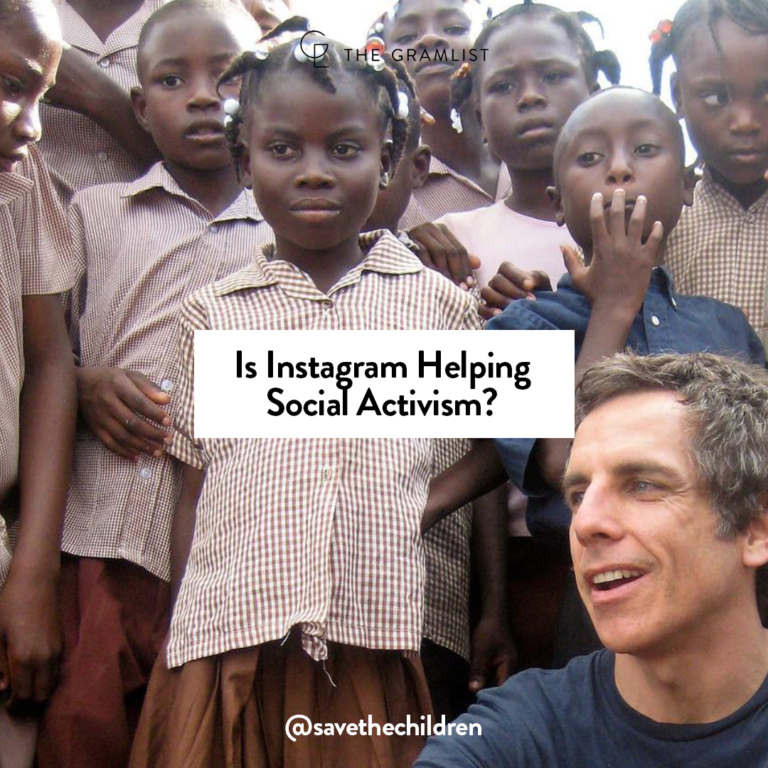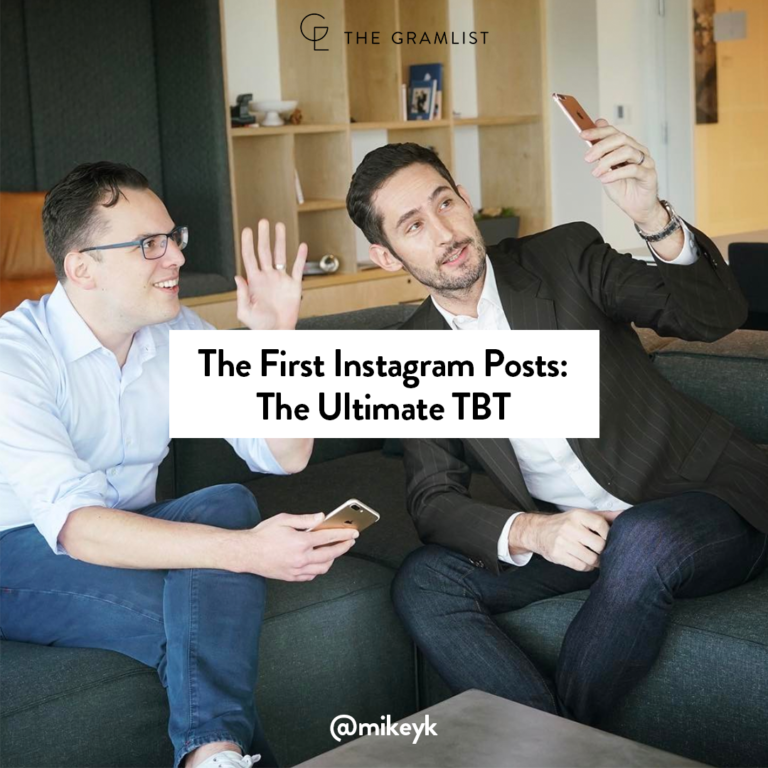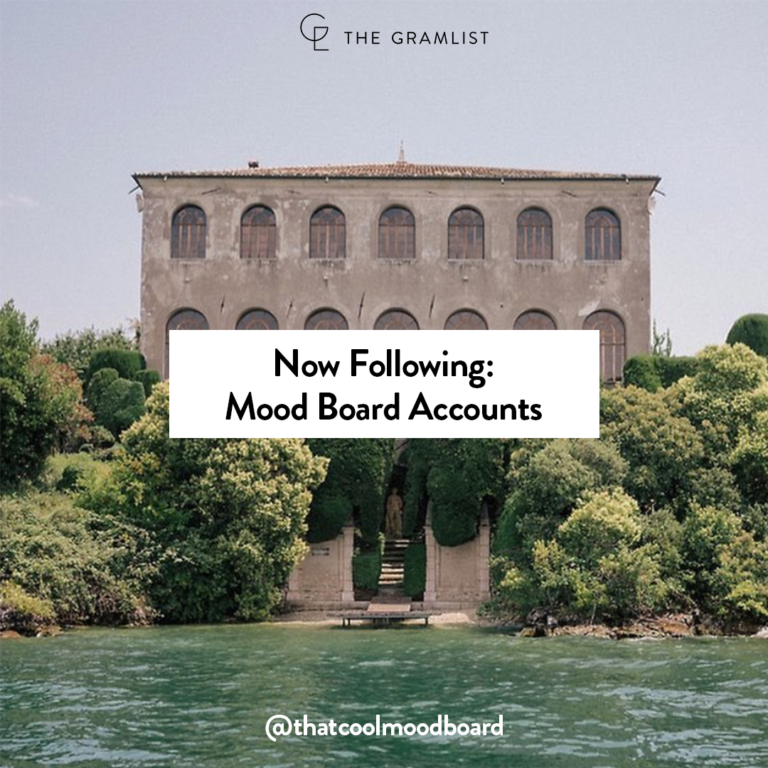
Brigid Prinsloo (@the_b_boss) travels ten months out of the year. Her Instagram, fittingly, pays homage to her go-go-go lifestyle in all its rough, wonderful glory. The imagery on her feed, though grand, also feels simultaneously personal, in part to the photographer who captures it all, her fiancé Adam. The couple, who hail from Cape Town, South Africa, embarked on their adventurous lifestyle by renting out their second bedroom as an AirBnB several years ago, and haven’t looked back since. Here’s how Brigid went from 9-to-5er to globetrotter.
#digitalnomad
I want to guide our conversation around the nature of traveling and working, creating this hybrid, very 21st century career. Let’s go back to the beginning— how did this start for you?
How it started is almost kind of as a result of social media. A few years ago we— my fiancé Adam and I— had a two-bedroom apartment in Cape Town, so we were AirBnB-ing the second bedroom. There was a travel blogger, Sabrina from @justonewayticket, I was following. This was a few years ago, when not every other person was a travel blogger, so it was a cool and unique thing back then. She tweeted that was traveling in Cape Town and I decided to reach out to her, asking her to meet for drinks. She responded to me, asking if I knew any interesting AirBnB spots for her to stay in, and she ended up booking with us. She just asked me, one day, “Why don’t you just go travel? You have the means and the management to do it! Your business basically runs it self.” It was because of her, really, that we kind of thought of the idea to take time off and go travel. We made the decision to book our flights and go, and from there we just kept traveling. Adam is a photographer, and started taking more photos and we began documenting our trips on Instagram and just started to gain a following. That’s kind of how it all started— with social media, almost accidentally.
At what point did you realize that this was a lifestyle and how quickly did that come about?
We booked a flight and just told ourselves that, come what may, we’re gonna go away for some time and ended up going away for eleven months on that trip. It was during that trip, about halfway through, when we were in Bali, where we met people who were so completely open to working with influencers. Bali is quite the travel destination, so it does get a lot of bloggers visiting that area, being an influencer there felt like the norm. They were so great about hosting influencers and making sure that we were having an amazing experience, it was the first time we felt like it could really be our thing. Since we’ve left I’ve just been hankering to go back, it was such an affirming experience.
This might be tricky to answer, but what is a “typical” day in the life of someone like you?
My fiancé is a full-time photographer. He does wildlife photography. Right now we’re focusing on bigger jobs and bigger brands to work with, putting together expedition-style projects. We did a job with Toyota, in the new Landcruiser Prado last year that felt more adventurous and more fitting of our current work-mood. It’s been fun, working on these contents which is different from the usual stuff you see in travel blogs.
What advice do you have for anyone wishing to pursue a similar occupation/lifestyle? Where do they even begin?
People often message us and are always asking about the gear we’re using for our shoots and other technical things, but I really believe, at the end of the day, that it’s just about getting out there and starting. I used to shoot a bunch of my photos on my iPhone, especially when we started out. Don’t wait to buy fancy equipment— start with what you have, and when you get into it, a lot of the technical stuff will fall into place by default. Try going to South East Asia, where it’s cheaper and easier to get around than somewhere in Europe for your first time, so there are variables like that. So many people make out traveling to be this impossible thing, but really once you start and get comfortable with understanding what excites you and what you like about traveling, your perspective gets clearer and everything starts to make sense.
Most people who are travel influencers end up collecting their income from a combination of content creation and consulting. Have you found it difficult to strike that balance, of being a freelancer who’s always on the move, to juggle all these different sources of income?
Our story is a little different, because we started with the AirBnb income, and we both had business that generated enough money to allow us to do what were doing without earning anything from the content we were producing at the time. Adam would take wildlife photos on our travels and sell them. It can be challenging, especially since we live in South Africa. The agencies around seem to under-value the work that the local influencers are doing, they seem to be leaning towards traditional media personalities rather than the new wave of social media influencers. So there isn’t a lot of income from just doing sponsored posts in South Africa.
That seems to be the case in a lot of places outside of the U.S., where there’s less of an interest in influencer marketing, but at The Gramlist we take it a whole step further, because we are engaging with primarily microinfluencers, who traditionally have been overlooked. Before “influencer marketing” became a word, we started looking into the groups of people who weren’t represented by agencies, and we still don’t represent talent, but saw that there were groups of people with very high engagement rates, who were somehow being overlooked by brands. I think the next wave, in addition to coming around to the idea of influencer marketing, is going to be more widespread acceptance of the importance of microinfluencers, who can build up more enthusiasm for anything.
I think it takes time for agencies to warm up to people like us, but things are changing and who knows what will happen in a few years down the road. Adam and I are fortunate that a lot of the time when we’re working we’re not working exclusively with South African brands, so we are able to enjoy big deals and rewards, but hopefully the local scene changes with the years.
Is there anything you miss about living a “traditional” life, life as you knew before Insta-traveling became your vocation?
Definitely a sense of stability, of having people that I know around me, is something that I miss when I’m traveling. I love meeting people on my travels, but the interactions are fleeting, there is no sense of belonging. Not everyone you meet is in the same place in their life, so it can be disorienting sometimes, all the new faces. The relationships aren’t ever deep enough. I come from a very basic corporate background, I started working there after I got out of Uni, and I worked with those exact same people for so long. I don’t miss the work, but I miss having work friends, doing social things. It depends on where you are— in Bali I felt it the least because there is such a sense of community there, so you can tap into that if you want to, but some places you feel so alone, like no one’s there. It can be kind of lonely in its own way. We try to be home, in Cape Town, about two to three months in the year.


